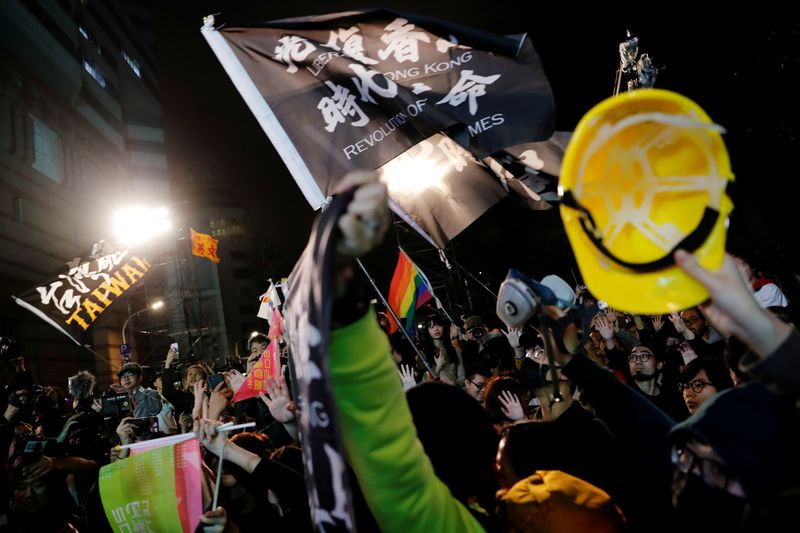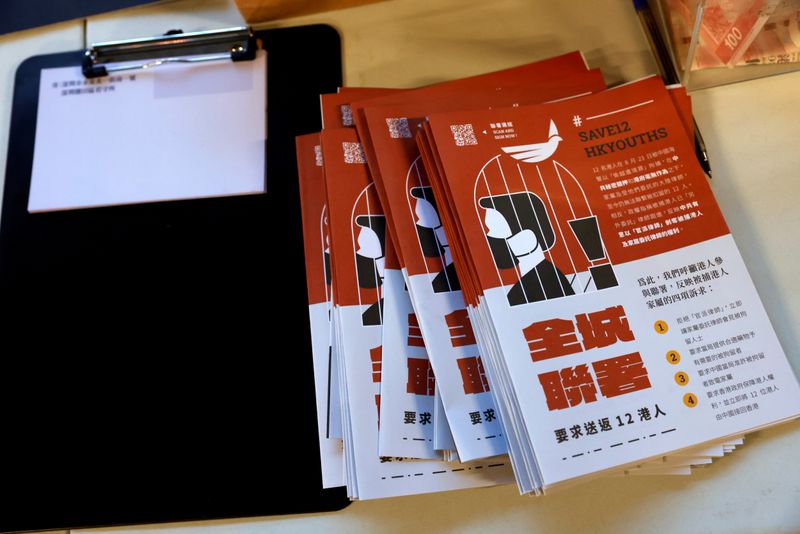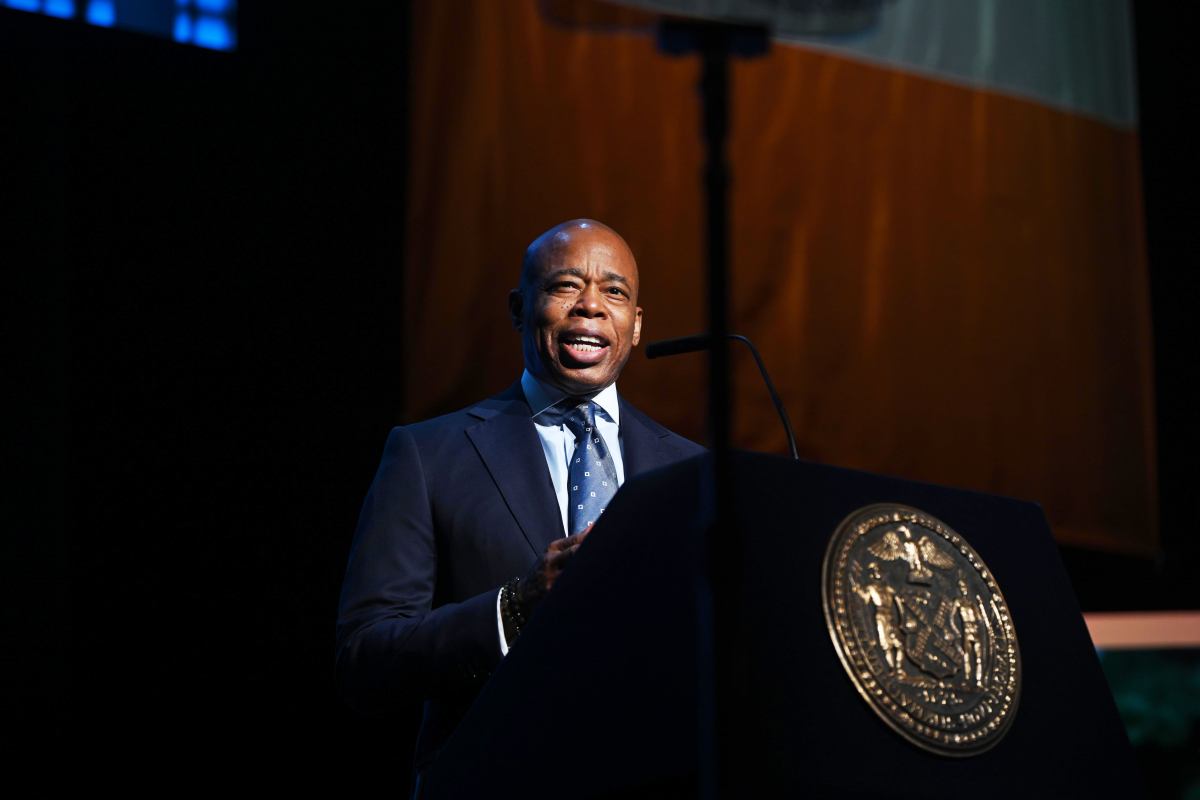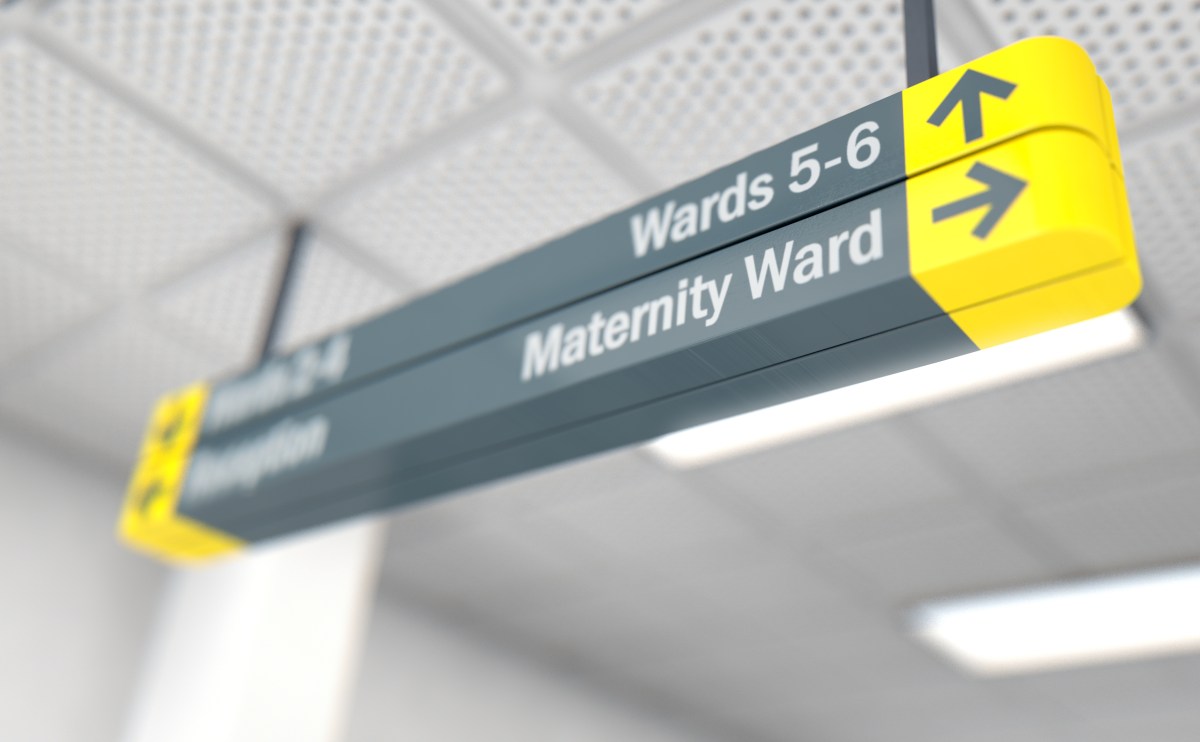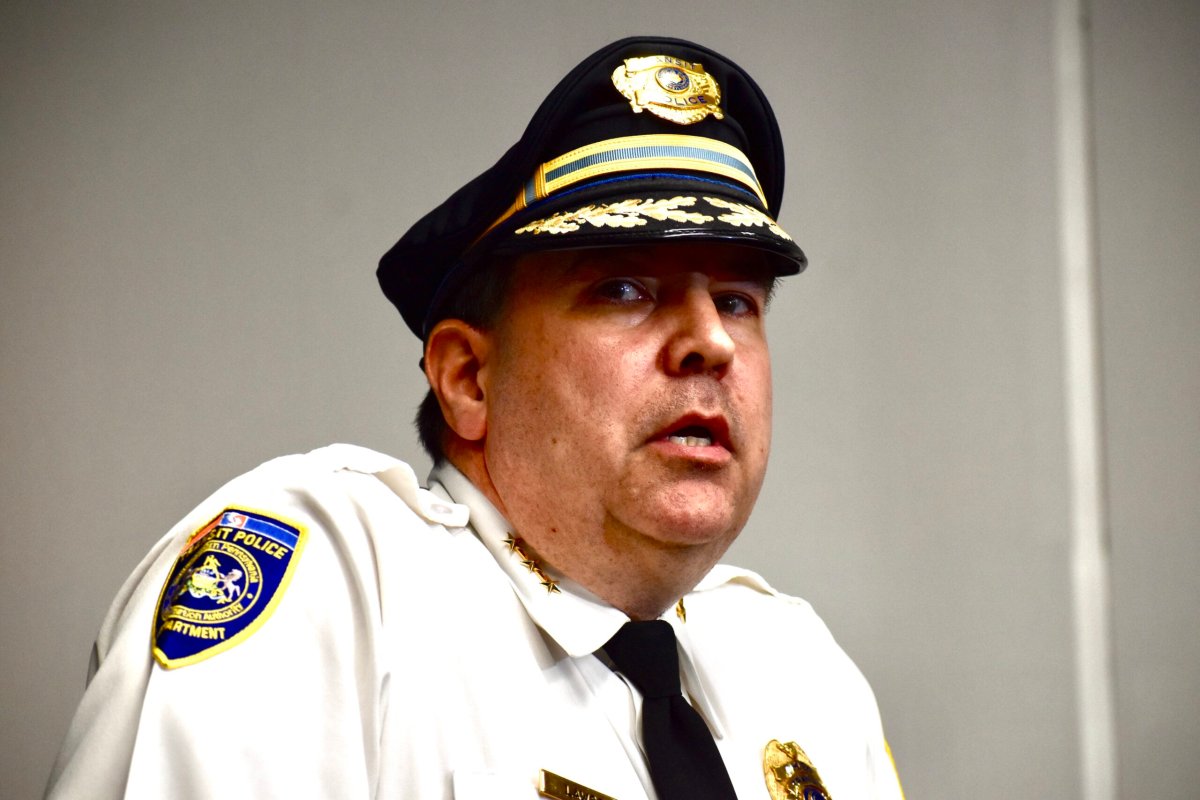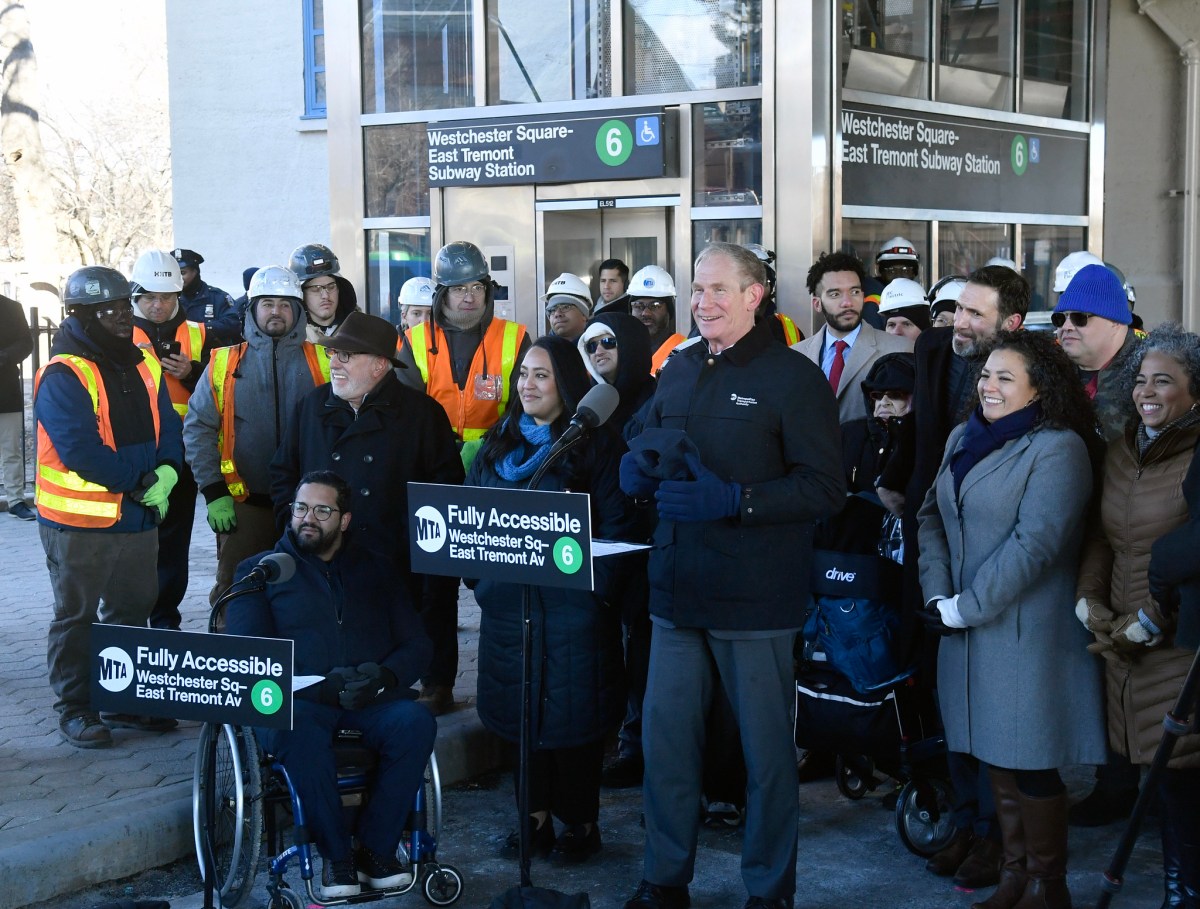TAIPEI/HONG KONG (Reuters) – For some Hong Kong protesters, stripped of their passports and facing criminal charges, a perilous 600 km sea journey to Taiwan is their only hope of escape. For Taiwan, which has promised assistance to the people of Hong Kong but is wary of antagonising China, this brings a dilemma.
People began fleeing to Taiwan from the early months of the Hong Kong protests last year, mostly legally by air, sometimes by fishing boat, said activists in Taipei who have helped Hong Kong citizens obtain visas. Numbering a few hundred, they included people who took part in the pro-democracy protests, as well as clergy, social workers and others who offered care and support to protesters.
This year, coronavirus-related travel restrictions and Hong Kong’s new security law, which was imposed on June 30 and handed the police and Chinese security agents sweeping powers, have narrowed the protesters’ options to leave and sharply reduced the numbers fleeing to Taiwan to a few dozen. The most desperate are taking their chances by sea.
In the past month, China stopped a boat carrying 12 people, and Taiwan intercepted a craft carrying five near the Taiwan-controlled Pratas Islands in the South China Sea. Several sources with knowledge of the smuggling operation said at least a dozen more pro-democracy activists have reached Taiwan by boat.
These crossings have brought some “comfort” to the mostly young, pro-democracy activists who fled to Taiwan before the Hong Kong security law took effect, said one. “We have always felt guilty about running away.”
Those left behind in Hong Kong had two options – to face trial or to flee. “It’s a choice between hope and hopelessness. Of course some have chosen to risk their lives at sea.”
This person and other activists, speaking on condition of anonymity, described a small-scale operation, organized by individuals in Hong Kong and Taiwan, to ferry protesters across the typhoon-prone South China Sea. The few risking the journey have been charged with crimes such as arson and rioting by Hong Kong authorities and had their passports confiscated. Hong Kong has so far charged over 600 people with rioting, which carries up to a 10-year jail term.
The crossing, that can take more than a day, is fraught with risk. Driving a speedboat under cover of night brings the danger of collision with submerged rocks and buoys. There is also the danger of detection. In Hong Kong waters, police marine patrols are frequently seen among the fishing trawlers, container ships, pleasure craft and speedboats. Stepped up Chinese military patrols and training exercises in the South China Sea around Hong Kong have increased the risk of interception.
At least a dozen other protesters who possess travel documents, have come by air in recent months, despite the suspension of most Taiwan visa applications because of the coronavirus. Taiwan said in June it would allow Hong Kong citizens to apply for entry for “special humanitarian considerations.”
The Taiwan government declined to say how many people from Hong Kong have been granted residency or entry. It has repeatedly said anyone who enters the country must do so legally.
“I bought a return ticket and carried lots of luggage, trying everything I could to act like a normal traveller,” said one person who flew to Taiwan on a commercial flight, describing a trip hastily arranged before the Hong Kong security law came into force. “It was such a relief the moment I boarded the Taiwanese aircraft. I knew I was safe at last.”
SOLVING AN EQUATION
The Taiwan government faces a difficult balancing act. It wants to help Hong Kong citizens who flee to the island, legally or illegally, but it is increasingly wary of doing so in an overt way in case this prompts a forceful backlash from China – including possible military action, said three sources with direct knowledge of government thinking.
Reuters questions to Taiwan’s government were referred to the Mainland Affairs Council, which oversees China and Hong Kong policy. The Council declined to comment on what it called “rumours.” It said in a statement that the government has established a mechanism of “humanitarian assistance” to give necessary help to those who are qualified, but it didn’t elaborate.
“This is like solving a simultaneous equation,” said ruling Democratic Progressive Party parliamentarian Hung Sun-han, speaking on his own account. “We need to give considerations to human rights, but we also need to handle the tense relations between China and Taiwan.”
Tensions across the Taiwan Strait have spiked since President Tsai Ing-wen was re-elected by a landslide in January on a promise to stand up to Beijing, which has never renounced using force to bring self-ruled Taiwan under its control.
Tsai pledged assistance to people arriving from Hong Kong, including setting up an office to help with employment, living allowances and counselling. But that was several weeks before the introduction of Hong Kong’s security law, and little was known of its contents and implications. The law makes anything Beijing regards as subversion, secession, terrorism or collusion with foreign forces punishable by up to life in prison.
More recently, Taiwan has been coy about the extent of the aid it has given.
The Taiwan government has several concerns, according to the three sources. It doesn’t want to be accused of helping people Beijing says are violent criminals. Taiwan also fears Chinese military threats against the Taiwan-controlled Pratas Islands, two of the three sources said.
One scenario Taiwan authorities fear is that China could seize Taiwan’s Pratas Islands – the Taiwan-controlled but lightly defended territory closest to Hong Kong – in a drastic escalation of tensions that could lead to a war, two senior officials familiar with the situation said.
Taiwan has repeatedly complained of Chinese military activities in the area, including rare large-scale air and naval drills held near the Pratas Islands on September 9 and 10 which Taiwan called a serious provocation and Beijing described as a necessity to protect its sovereignty.
In mid-September, during U.S. Undersecretary for Economic Affairs Keith Krach’s visit to Taipei, China sent multiple jets to cross the sensitive midline of the Taiwan Strait and also into Taiwan’s air defence identification zone near the Pratas. Taiwan says Chinese aircraft have continued to fly near the Pratas since then.
A mainland Chinese official who spoke with Reuters said delicate diplomacy between Taiwan and China was needed, as a policy misstep could lead to military conflict. “We never talk about war but we must be aware of this danger,” said the official, who spoke on condition of anonymity.
At home in Taiwan, meanwhile, there is growing popular pressure for Tsai’s government to do more to help Hong Kong citizens, for instance by introducing a law that would guarantee refuge to Hong Kong citizens and by promising not to detain people arriving illegally by boat.
The three people familiar with government thinking described a strategy of offering support discreetly, what some call “do more, say less.” They said Taiwan is offering concrete help – entry visas for instance – without drawing accusations from China of collusion with Hong Kong “separatists.”
Nevertheless, reports of smuggling are “very tricky to handle and it has brought us a lot of trouble,” said one of the sources, speaking of growing pressure from China, without elaborating. “But Taiwan will stick to the principle of not sending people back.”
This source said Taiwan is “blurring out” details of what the government called “humanitarian assistance” to Hong Kong citizens so that it becomes impossible for the public and media to confirm reports of illegal entry. “To rescue people, we need to stay as quiet as possible…Keeping it low profile is the only way to protect people.”
FUGITIVES AND CRIMINALS
Pressure on Taiwan from Chinese politicians and state media is mounting.
On Sept. 14, former Hong Kong leader Leung Chun-ying questioned in a Facebook post why Taiwan withheld information on the whereabouts of the five people picked up by Taiwan’s coast guard near the Pratas Islands. Leung, now the vice chairman of a high-level Chinese consultative committee, the CPPCC, told Reuters it was important to know the identities of the five to determine “if they are fugitives or have absconded from court proceedings.” Hong Kong also expected to be told under what charges they were detained, whether they would now be released, prosecuted or deported and what access they have to legal assistance, he said.
Also on Sept. 14, the Hong Kong Security Bureau, responsible for security and law enforcement, called on Taiwan not to “harbour criminals.”
Separately, four officials at Taiwan’s de facto consulate in Hong Kong have been told by the Hong Kong government that their visas will not be renewed on the grounds that they refused to acknowledge Beijing’s claim that Taiwan is part of “one China,” Reuters reported in July. All four have left the city.
China’s Taiwan Affairs Office didn’t directly address a question from Reuters about the visa issue. It said it supported the city government’s “handling of Taiwan related matters in Hong Kong.” It accused authorities in Taipei of “colluding” with independence and anti-China forces. “Any actions that bring chaos to Hong Kong or seek independence will be severely punished by the law,” it said.
One of the three people with knowledge of the Taiwan government’s thinking explained, “We don’t want the Communist Party to find an excuse to take revenge on Taiwanese people in Hong Kong or China. We want to offer real help” to Hong Kong citizens “without making ourselves vulnerable to China on the national security level.”
LOST AT SEA
Those leaving Hong Kong by boat monitor weather conditions before they depart. White capped waves and prevailing winds can hinder the passage, making it difficult to attain higher speeds and pushing up fuel consumption.
The sources familiar with the smuggling operation described a dangerous route in which at least one boat that set off from Hong Kong had lost communications with their contacts. “People kept searching and searching through all channels…But the fact was that they were lost,” said one of the people.
There were no records of such trips and Reuters couldn’t independently verify the claim.
Protesters, some of whom have made it to Taiwan, say they are grateful for Tsai’s pledges of help.
“Taiwan isn’t just a place where they can take some respite. It’s where they could gain strength to fight against China’s totalitarian rule,” said one of the people familiar with the smuggling operation.
(Reporting by Reuters staff; editing by Janet McBride)

